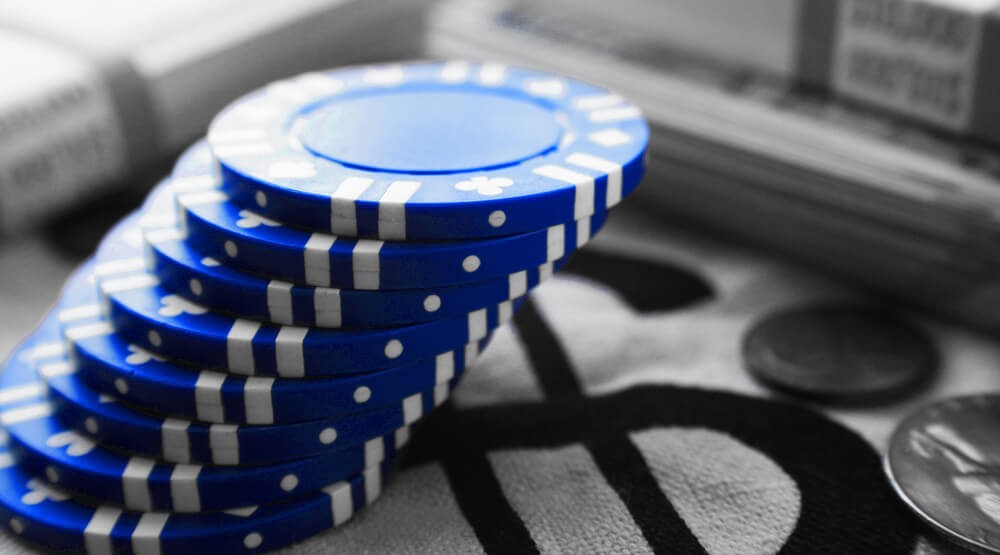Imagine investing a million dollars and getting back … a pathetic $19,000 in income every year.
You don’t have to imagine — because that’s exactly what you’d get if you bought the typical S&P 500 stock today, which yields a sad 1.9%. That’s not much and these days, you can lose that in one afternoon!
No wonder dividends get no respect!
But I’ve got good news: That 1.9% doesn’t matter a bit to us. In fact, it’s a distraction from the real opportunity I want to show you: a dead-simple, 3-step shot at a much bigger payout.
I’m talking about 6-plus percent in cash here. That’s enough to turn that $19,000 into a very nice $60,000 a year — at least!
I’ll give you the full story (including how you can grab this “hidden” yield yourself) now. I’ll also show you how this easy strategy can grow your nest egg fast, too — with huge price returns like the 960% one stock delivered.
3 Keys to Big Gains (and Dividends) in Any Market
To start off, let’s look at the three ways a company can pay us. Find a stock that’s doing one and you’ve got a leg up on most folks. Find one that’s doing all three and you’ve hit the sweet spot — a stock that can power your income (and gains) in any market.
Here they are:
- Paying a dividend today.
- Raising the dividend tomorrow (which lifts the share price along with the payout, as I’ll show you shortly), and …
- Repurchasing shares: Buybacks leave fewer shares outstanding on which the company must pay dividends, driving fatter payout raises in the future. Fewer shares also mean higher earnings per share — another clear share-price driver.
To show you the profit-making power of doing all three, let’s look at a stock you undoubtedly know well: Visa (V).
The payment giant ticks all three of our boxes: starting with paying a dividend (though the 0.6% current yield seems pathetic, it’s anything but—I’ll explain shortly).
860% Dividend Growth
When it comes to growing dividends, few companies can match Visa: its payout has exploded 860% in the last 10 years:
What the Current Yield Hides
That massive payout hike is great, but there’s more here than meets the eye.
How a 0.6% Yield Turned Into a 6% Cash Stream
For one, payout hikes increase our yield on cost, which is more important from an income standpoint than the stock’s current yield (the one you see on Google Finance or Yahoo Finance — and the one everyone obsesses over).
Because while Visa’s current yield is just 0.6%, its explosive dividend growth means you’d be pocketing a fat 6% yield on a buy made just 10 years ago!
That’s because you calculate yield on cost by dividing your current annual dividend rate — $1.20 in Visa’s case — by your per-share purchase price (around $20 a decade ago, just 10% of the $194 a Visa share sells for now).
But this “true” 6% yield is hidden because Visa’s share price moved up with its dividend (more on that in a moment), keeping the current yield roughly the same:
Visa’s 6% Dividend in Disguise
I think you’ll agree that our yield on cost is what really matters for your retirement income stream.
There’s more, though.
Because what almost no one pays attention to is the crystal-clear connection between dividend hikes and rising share prices. Check it out:
Visa’s “Dividend Magnet” Goes to Work
There’s no way you can’t see the pattern here!
Name the crisis: the panic over rising rates, the Chinese stock-market meltdown of early 2016 and, lately, the global pandemic. None of it matters: Visa’s stock always “snaps back” to its rising dividend. And this pattern is far from unique to Visa: I’ve seen it happen over and over.
Like with General Dynamics (GD), which you can see is already snapping back from the pandemic pullback:
General Dynamics Share Price Lifts Its Stock
And Warren Buffett favorite Coca-Cola (KO):
Why Buffett Loves Dividends
If that’s not a proven pattern, I don’t know what is. And Visa is doing one more thing that will keep this “dividend up, share price up” cycle going for years to come.
Buybacks: Your Dividend (and Share Price) “Afterburner”
The last ingredient: share buybacks.
To see how potent buybacks are, let’s add the number of shares outstanding to our chart showing the company’s dividend and share-price growth:
Share Count Down, Share Price (and Dividend) Up
That red line might not look like much, but its decline (meaning Visa has effectively bought up 23% of itself in the last decade) is the trigger for our virtuous cycle. Fewer shares mean higher dividends on the stocks that remain — and that, in turn, powers the share-price rise.
To learn more about generating monthly dividends as high as 8%, click here.
